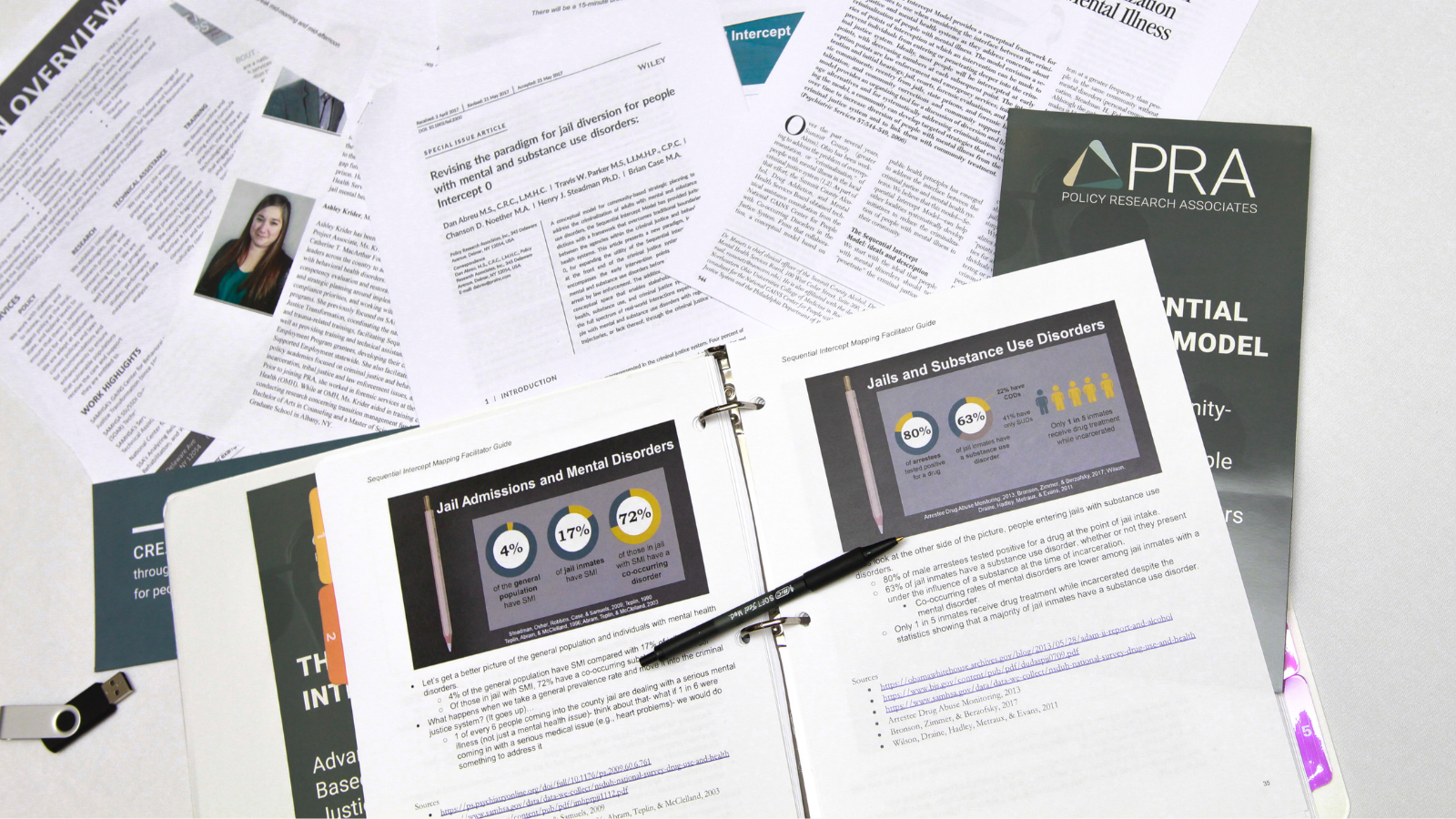In December 2021, I had the opportunity to attend and photograph a SIM Mapping Workshop Facilitator Training. The SIM, or Sequential Intercept Model, details how individuals with behavioral health conditions come into contact with and move through the criminal legal system. This model can be mapped within specific communities to identify the key stakeholders, organizations, and services involved when someone moves through the legal system, as well as the community’s gaps and opportunities for improvement. This process is known as a SIM Mapping Workshop, and can lead to better outcomes for people who are involved with the legal system.
This event wasn’t a mapping, but a training for professionals in the field to be able to conduct SIM Mapping Workshops on their own. It involved participating in a mock mapping, where a made-up community identified its gaps and opportunities within its own criminal legal system. And at this particular event, I had the privilege of seeing many of my esteemed PRA colleagues receive the training. Each of them illustrated their knowledge through years of experience in the field as they jumped into action to describe a faux community in America and outline an imaginary, but all too familiar, SIM map. A place that doesn’t exist but is representative of many of the communities they had worked in, with organizations that had potential for collaboration and gaps in services alike. I was in awe at the level of expertise on display. One participant didn’t miss a beat when having to represent the community’s sheriff and explain the difficulties their department had in screening individuals for substance use issues during intake. Another participant represented the hospital and explained how they don’t have a procedure in place for identifying Veterans. These problems were made up, but from the nods of their peers and understanding of the rest of the training group, it was clear they were real and familiar issues in many communities.
As the training progressed, the trainers filled out the mapping materials hanging from the wall, identifying key organizations, programs, and services. By the end of the session, the participants had created a complex community with unique interagency strengths and weaknesses. The trainers imparted wisdom that comes from delivering dozens of SIM Mapping Workshops. Often the trainers turned the floor over to participants, inviting them to share their experience on a particular subject. The trainee would then act as trainer, imparting their wisdom to the group. And though the training went on for 8.5 hours, the room was electric with shared experiences and collaboration with another, so much so that at day’s end at 4:30 p.m., many participants weren’t rushing out the door, but staying to discuss further with their peers.
I am grateful to have had the experience to sit in on this training. And while much of the subject matter flew over my head, the lasting impression of the expertise and passion I saw on display from my colleagues and others during this training shall remain with me, and I can only hope to bring the same passion and drive to my personal work.




